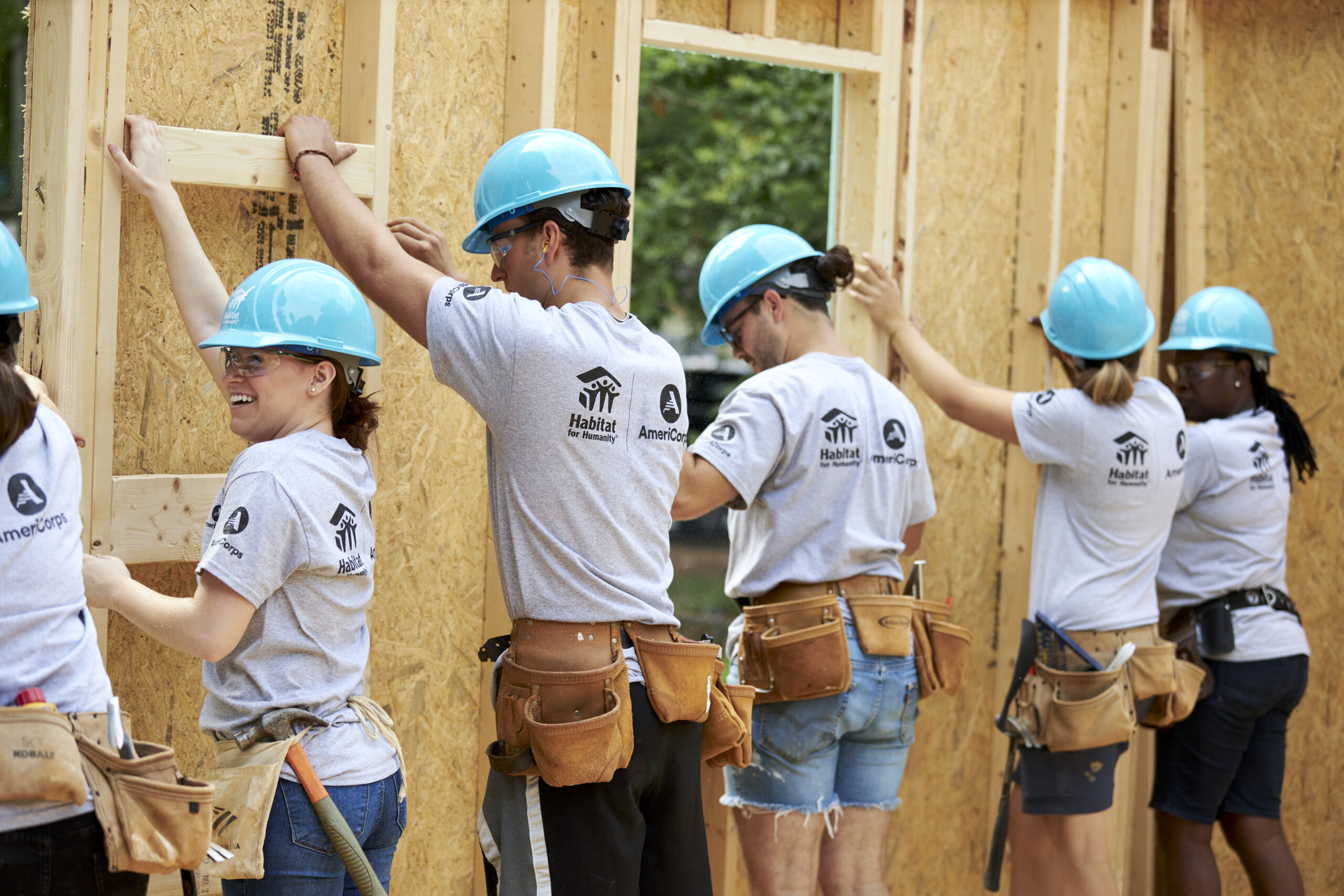This course examines information communication technologies' influence, impact, and role within interpersonal relationships. The course will draw from theoretical concepts, current events, and student experiences to understand the risks and benefits of incorporating mediated communications into personal relationships. Content will also examine ways that technology can further the abuse and mistreatment of marginalized groups by reviewing research about online harassment, cyberbullying, cyberstalking, monitoring, surveillance, and other forms of online exploitation. Students will use readings, lectures, videos, and assignments to understand the ethical implications of incorporating technology into our social lives.



